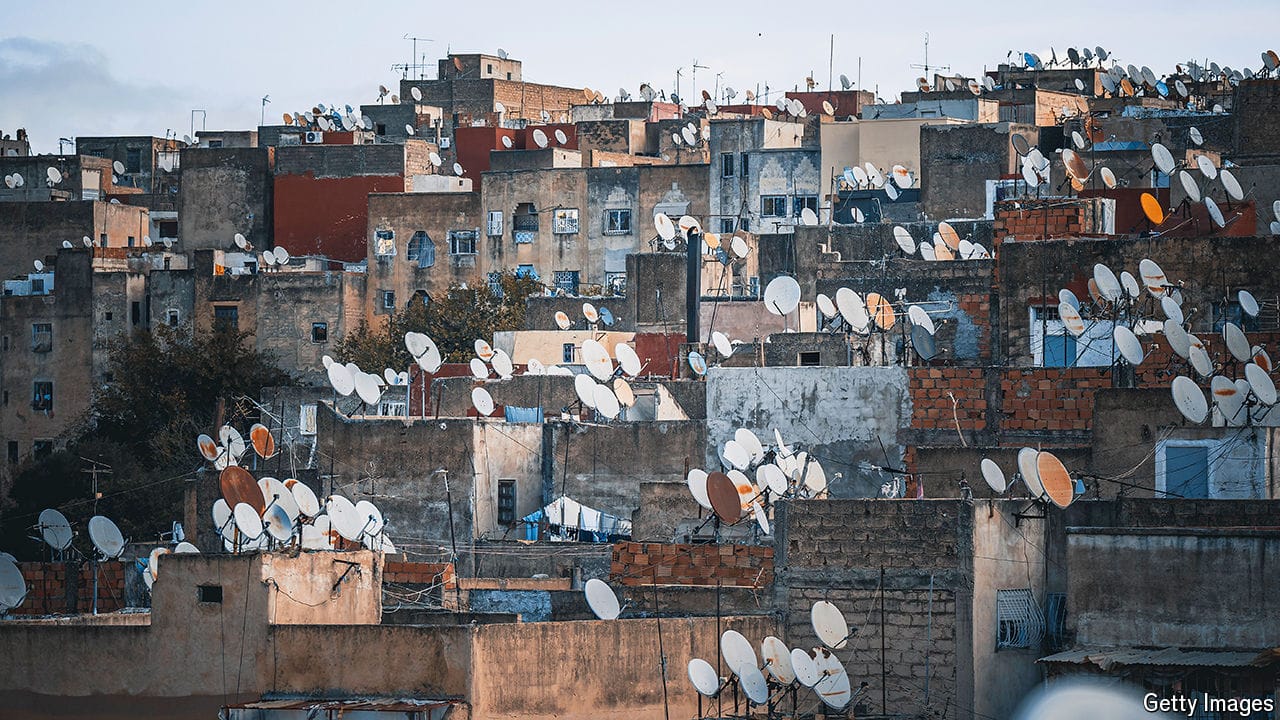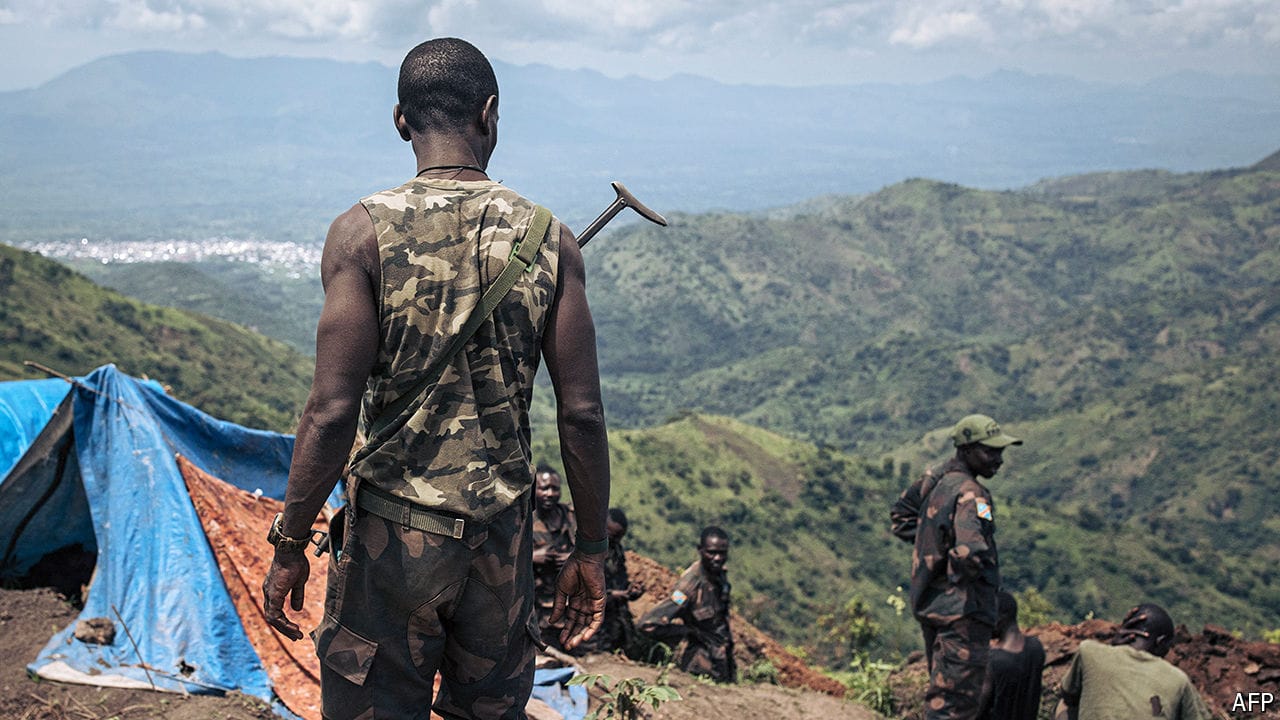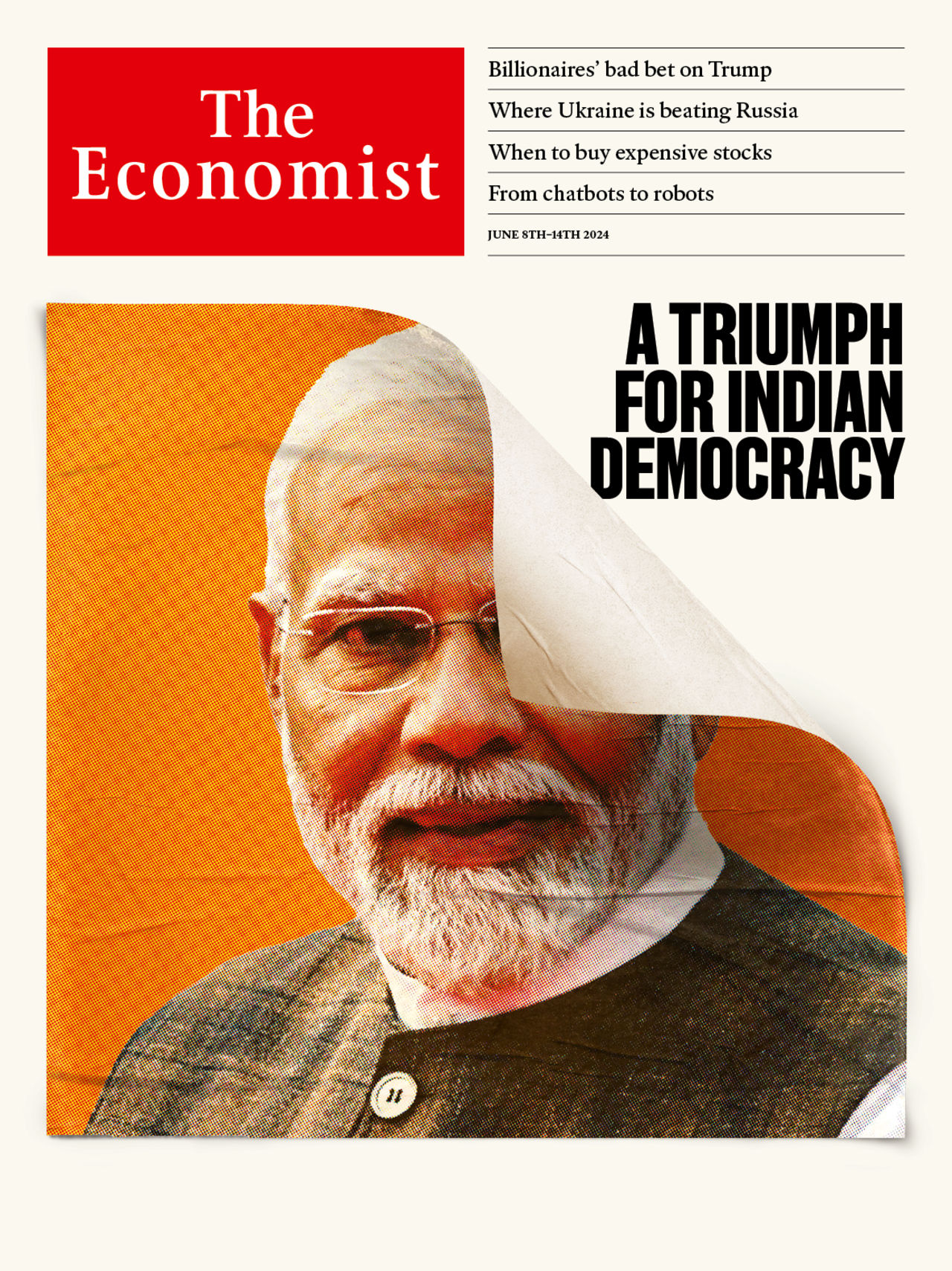South Africa’s future is in the hands of a divided ANC
The party is debating whether to embrace populism or pragmatism

Meetings of the African National Congress (ANC) are a mix of materialism and narcissism. The fancy SUVs parked outside any gathering hint at the spoils of office enjoyed by South Africa’s ruling party. Inside there will be a selfindulgent atmosphere: regalia and songs that hark back to the anti-apartheid struggle; discussion about the meaning of transformation, liberation, revolution and renewal. There are few things that the ANC enjoys more than talking about the ANC. There is enough navel-gazing to require an army of chiropractors.
How the ANC sees itself—and its self-interest—will determine the future of South Africa. On June 2nd electoral officials announced that Africa’s oldest liberation movement had taken a licking at the election four days earlier. The ANC won 40.2% of the vote, down from 57.5% in 2019. It has until June 16th—the deadline for parliament to elect a president—to cut a deal to stay in power. On June 5th an ANC spokesperson said the party had approached all the major opposition parties and sought a “government of national unity”. But in the end it will almost certainly have to make a choice. It will need to decide whether to lean towards pragmatism, by working with the main opposition party, the Democratic Alliance (DA), which came second with 21.8%—or to team up with a dangerous populist party.
Explore more
This article appeared in the Middle East & Africa section of the print edition under the headline “Long talk to freedom”
Middle East & Africa June 8th 2024
- South Africa’s future is in the hands of a divided ANC
- The National Basketball Association is making a big bet on Africa
- Why avocados are driving another sort of green economy in Kenya
- Joe Biden leaked Israel’s first plan to end the war in Gaza
- Talk of war between Israel and Lebanon is growing
- The children of Iran’s revolution still want to go West
More from Middle East and Africa

Israeli retaliation in Lebanon seems inevitable
But it still wants to avoid all-out war against Hizbullah

Why the AI revolution is leaving Africa behind
Large infrastructure gaps are creating a new digital divide

Rwandan soldiers may outnumber M23 rebels in Congo
The prospect of dislodging the rebels is becoming dimmer
Bibi Netanyahu offered spectacle over substance in America
His fourth address to Congress was historic, but held few answers for Israelis
Israel and the Houthis trade bombs and bluster
For now, though, neither side is a strategic threat to the other
The world court says Israel’s occupation is illegal
But will the International Court of Justice’s ruling have any effect?
